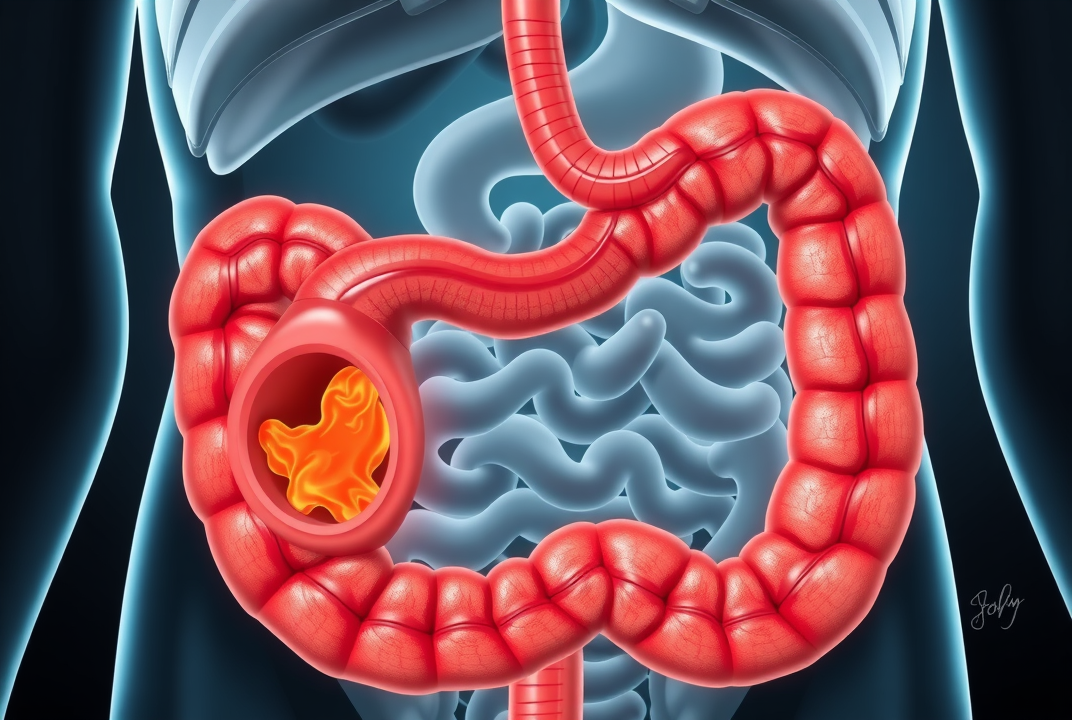Diverticulitis: Debunking Common Myths and Misconceptions

Introduction
Did you know that diverticulitis, a common digestive disorder, affects nearly half of the population over the age of 60? Despite its prevalence, there's a wealth of misinformation surrounding this condition. Understanding the realities of diverticulitis is crucial for proper management and lifestyle adaptation. This article will explore common myths associated with diverticulitis and offer clarity based on scientific evidence.
What is Diverticulitis?
Before debunking myths, it’s essential to grasp what diverticulitis is. Diverticulitis occurs when small, bulging pouches (diverticula) in the digestive tract become inflamed or infected. It's a condition that can cause severe abdominal pain, fever, and digestive issues.
Myth 1: A Low-Fiber Diet Causes Diverticulitis
One of the most prevalent misconceptions is that a low-fiber diet directly causes diverticulitis. While a fiber-poor diet can contribute to the development of diverticula, it's not the definitive cause of diverticulitis. Factors such as age, genetics, obesity, and lack of exercise also play significant roles.
-
Example: Recent studies indicate that individuals with active lifestyles have a lower risk of developing diverticulitis, independent of their fiber intake.
Myth 2: Seeds and Nuts Must Be Avoided
Many believe that seeds, nuts, and popcorn can aggravate diverticulitis or lead to flare-ups. However, research has disproven this. These foods do not increase the risk of complications and can be part of a balanced diet.
-
Data: In a large-scale analysis, participants who consumed nuts and seeds regularly showed no increased risk of diverticulitis.
Myth 3: Diverticulitis Always Requires Surgery
Another common myth is that diverticulitis inevitably leads to surgery. While severe cases might require surgical intervention, many people manage the condition with antibiotics and lifestyle changes. Surgery is typically reserved for recurrent cases or complications.
-
Quote: "Most cases of diverticulitis can be treated without surgery," notes Dr. John Smith, a gastroenterologist.
Myth 4: Only the Elderly Are Affected
It’s widely assumed that diverticulitis only impacts older adults. Although age is a risk factor, younger individuals can develop the condition, especially if other factors like poor diet or lack of physical activity are present.
-
Fact: Recent healthcare surveys reveal a notable increase in diverticulitis diagnoses in adults under 50.
Myth 5: Diverticulitis Is Solely a Western Problem
Some argue that diverticulitis is primarily a concern in Western countries due to dietary habits. However, as global diets become more homogenized, cases are emerging in non-Western populations, disproving this notion.
-
Insight: The global rise in processed food consumption contributes to increasing diverticulitis incidents worldwide.
Conclusions and Next Steps
Understanding diverticulitis begins with dispelling myths and misconceptions. Recognizing diverse risk factors beyond diet alone allows for more effective management. If you suspect diverticulitis or have concerns, consulting with a healthcare professional is important. Awareness and education are key to dispelling myths and encouraging proactive health management.